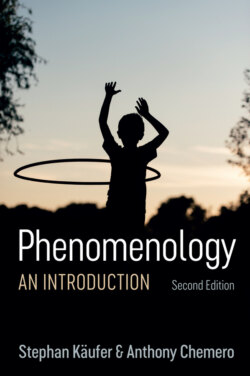Читать книгу Phenomenology - Anthony Chemero - Страница 19
2 The Rise of Experimental Psychology
ОглавлениеKant’s critical philosophy is the most important philosophical precursor of phenomenology. Another important piece of the background to phenomenology is the rise of psychology as a scientific discipline in the nineteenth century. Wilhelm Wundt draws on work in psychophysics by Gustav Fechner to rebut traditional arguments that a scientific psychology is impossible because its subject matter cannot be observed and measured with precision. Kant holds this traditional view, and it is therefore part of the philosophical orthodoxy of the nineteenth century. Wundt’s energetic pursuit of scientific psychology, consequently, brings about a rift and establishes psychology as a separate field, rather than a sub-discipline of philosophy. The relevance to phenomenology is twofold. First, in its beginnings, phenomenology thinks of itself as a type of psychology. Husserl calls it “descriptive psychology.” Its self-conception is bound up with a reconfiguration of the field, which is rooted in basic questions about the nature of the mind. The emergence of scientific psychology contributes to these basic questions. Second, Wundt’s scientific psychology is an important foil for Gestalt psychology (Chapter 5) and ecological psychology (Chapter 10). Both of these approaches interact closely with phenomenology’s conception of the mind and argue against the dominant views of perception and cognition of Wundt’s school.
